Key Takeaways
✅Bentonite clay detoxifies pets by binding to toxins and removing them from the body.
✅It helps improve digestive health by absorbing harmful bacteria and firming up stools.
✅Bentonite clay can be used topically to treat skin irritations and infections.
✅Regular use supports dental health by reducing plaque and bacteria.
✅Always consult a veterinarian before starting any new supplement for your pet.
Bentonite Clay for Dogs and Cats
As a Holistic Veterinary Surgeon, I’m always on the lookout for natural remedies that can enhance the health of dogs and cats. One such remedy that has garnered attention is bentonite clay. This natural clay, known for its detoxifying properties, can be a game-changer for your furry friends.
Benefits at a Glance:
Bentonite clay offers a multitude of benefits for dogs and cats. From detoxification to improved digestive health, this natural remedy can significantly improve your pet's overall well-being.
Overview of Bentonite Clay

Bentonite clay is a type of clay that is formed from volcanic ash. It is highly absorbent and has been used for centuries for its medicinal properties. In pets, it can help with various issues, from digestive problems to skin irritations. Bentonite clay can absorb toxins, heavy metals, and other impurities from the body, making it a powerful detoxifying agent for pets.
What is Bentonite Clay?
Bentonite clay is composed mainly of montmorillonite, a type of clay mineral that is known for its high absorbent properties. When hydrated, it forms a paste that can bind to toxins and impurities, effectively removing them from the body.
Natural Composition
This clay is rich in minerals such as calcium, magnesium, and iron. Its unique structure allows it to absorb up to eight times its weight in water, making it highly effective at detoxifying the body. The beauty of bentonite clay is its ability to attract toxins in the body and carry them out. This is due to its polycationic nature, which means it acts like a magnet for positively charged particles.
How Bentonite Clay Works
Bentonite clay works by binding to toxins, bacteria, and other harmful substances in the digestive tract. Once bound, these substances are expelled from the body through the stool. This process helps to detoxify the body and restore balance to the digestive system. Bentonite clay can attract positively charged ions, which means it can carry out parasites, bacteria, and other harmful substances from your pet's body.
Types of Bentonite Clay
There are two main types of bentonite clay: sodium bentonite and calcium bentonite. Sodium bentonite is more absorbent and is often used for detoxification purposes, while calcium bentonite is more commonly used for its healing properties. Sodium bentonite is highly absorbent and is ideal for detoxifying the body, while calcium bentonite is better suited for healing and soothing the skin.
Benefits of Bentonite Clay for Pets
Now that we understand what bentonite clay is and how it works let's dive into the specific benefits it offers for dogs and cats.
⭐Detoxification
Bentonite clay is well-known for its detoxifying properties. It binds to toxins, heavy metals, and other impurities in the body, helping to remove them through the digestive tract. This can be particularly beneficial for pets that have been exposed to environmental toxins or have ingested something harmful.
⭐Improving Digestive Health
One of the most significant benefits of bentonite clay is its ability to improve digestive health. It can absorb harmful bacteria and toxins in the gut, firming up stools and helping to alleviate issues such as diarrhoea and gastroenteritis. A trial in people back in 1961 showed that orally administered bentonite treated 97% of cases with different causative factors of diarrhoea, including viral infections and food poisoning.
⭐Enhancing Skin and Coat Health
Bentonite clay isn't just beneficial for internal use; it can work wonders for your pet's skin and coat as well. When applied topically, bentonite clay helps to soothe irritated skin, reduce inflammation, and draw out toxins. This can be particularly useful for pets suffering from skin conditions such as hot spots, eczema, or insect bites.
To use bentonite clay for skin health, mix it with water to form a paste and apply it directly to the affected area. Leave it on for about 20 minutes before rinsing it off with warm water. You’ll notice a reduction in redness and irritation almost immediately.
⭐Supporting Dental Health
Maintaining your pet's dental health is crucial, and bentonite clay can play a significant role in this. The clay's natural antibacterial properties help reduce plaque and tartar buildup, which are common causes of bad breath and dental issues in pets. You can even make a simple, natural toothpaste by mixing bentonite clay with a bit of water and applying it to your pet's teeth using a toothbrush or your finger.
⭐Reducing Allergies
Pets can suffer from allergies just like humans do, and bentonite clay can help alleviate some of the symptoms. By removing toxins and allergens from the body, bentonite clay can reduce the frequency and severity of allergic reactions. This is especially helpful for pets with food allergies or sensitivities to environmental allergens.
How to Use Bentonite Clay for Dogs and Cats
There are several ways you can incorporate bentonite clay into your pet's routine. Whether used internally or externally, it’s important to follow proper guidelines to ensure your pet receives the maximum benefits without any adverse effects.
Internal Use
When using bentonite clay internally, it's crucial to give it on an empty stomach. This ensures that the clay can effectively bind to toxins and impurities without interference from food or other substances. JP’s Natural Pet Supplements natural bentonite clay for dogs and cats comes in a tub of 100g of bentonite clay. It is very palatable for dogs and cats. Give one level scoop for every 5kg of body weight twice daily when diarrhoea is present. When using as maintenance, give one level scoop for every 12kg of body weight twice daily. A scoop is provided inside the pot.
Mix 1/4 to 1/2 teaspoon of bentonite clay with water and administer it to your pet. Make sure they drink plenty of water throughout the day to prevent dehydration, as bentonite clay can absorb a lot of moisture.
Topical Applications
For topical use, bentonite clay can be made into a paste and applied directly to the skin. This is particularly useful for treating skin irritations, insect bites, and minor wounds.
To prepare the paste, mix one part bentonite clay with two parts filtered or spring water. Apply the paste to the affected area and let it sit for about 20 minutes before rinsing it off.
Mix one part bentonite clay with two parts water.
Apply the paste to the affected area.
Let it sit for about 20 minutes.
Rinse off with warm water.
It's fine if your pet licks the clay, but keep in mind that ingesting too much can cause constipation. Therefore, monitor the amount they consume.
Bath Soaks and Foot Soaks
Bentonite clay can also be used in bath soaks and foot soaks to help soothe irritated skin and draw out toxins. Add a few tablespoons of bentonite clay to your pet's bathwater and let them soak for about 10-15 minutes. This is especially beneficial for pets with skin conditions or those who have been exposed to toxins.
Dosage Guidelines
When using bentonite clay internally, it's important to follow proper dosage guidelines to ensure your pet's safety. The general recommendation is to start with a small dose and gradually increase it as needed.For dogs, start with 1/4 teaspoon per day and gradually increase to 1/2 teaspoon. For cats, start with 1/8 teaspoon and gradually increase to 1/4 teaspoon. Always consult your veterinarian before starting any new supplement regimen.
Start with a small dose and gradually increase.
For dogs: start with 1/4 teaspoon per day.
For cats: start with 1/8 teaspoon per day.
Consult your veterinarian before starting any new supplement.
Precautions and Potential Side Effects
While bentonite clay offers numerous benefits, it’s essential to be aware of potential side effects and take necessary precautions. Monitoring your pet and consulting with a veterinarian can help ensure their safety and well-being.
Possible Side Effects
Some pets may experience side effects such as constipation or dehydration when using bentonite clay. To mitigate these risks, ensure your pet drinks plenty of water and monitor their bowel movements. If you notice any adverse effects, discontinue use and consult your veterinarian.Monitoring Your Pet
Keep an eye on your pet's bowel movements.
Ensure they drink plenty of water.
Look for signs of dehydration or constipation.
Consult your veterinarian if any adverse effects occur.
By following these guidelines, you can safely incorporate bentonite clay into your pet's routine and enjoy the many benefits it offers.
Choosing the Right Product
When selecting a bentonite clay product for your pet, it's crucial to choose one that is of high quality and free from contaminants. Look for products that are labelled as food-grade, as these are safe for internal use. Additionally, ensure that the clay is 100% natural and does not contain any additives or fillers. JP’s Natural Bentonite Clay is one such product.
It's also a good idea to read reviews and check for any certifications or testing that the product has undergone. This can give you peace of mind that you are choosing a safe and effective product for your furry friend.
Hydration Needs
Because bentonite clay is highly absorbent, it's essential to ensure your pet stays well-hydrated while using it. Dehydration can be a risk, especially if the clay is given internally. Here are some tips to keep your pet hydrated:
Provide fresh water at all times. Encourage your pet to drink by adding a bit of flavour to the water, such as low-sodium broth. Monitor your pet's water intake and adjust as needed. Consider using a pet fountain to make drinking water more appealing. By keeping your pet hydrated, you can help prevent any potential side effects from bentonite clay and ensure they receive the maximum benefits.
FAQs
To help you better understand how to use bentonite clay for your pets, here are some frequently asked questions and their answers:
Can I use bentonite clay for both dogs and cats?
Yes, bentonite clay is safe for both dogs and cats. However, it's important to follow the appropriate dosage guidelines for each species. Start with a small dose and gradually increase as needed, always consulting your veterinarian before beginning any new supplement regimen.
How long does it take to see benefits?
The time it takes to see benefits from bentonite clay can vary depending on the issue being addressed. For digestive issues, you may notice improvements within a few days. For skin conditions, it may take a couple of weeks of consistent use to see significant results. Be patient and monitor your pet's progress.
Is bentonite clay safe for puppies and kittens?
Bentonite clay can be used for puppies and kittens, but it's crucial to use a smaller dose.
Consult your veterinarian before administering bentonite clay to young animals.
Monitor for any adverse reactions and discontinue use if necessary.
Young animals may be more sensitive to supplements, so it's always best to err on the side of caution.
Can bentonite clay be used alongside other treatments?
Yes, bentonite clay can often be used in conjunction with other treatments. However, it's essential to consult your veterinarian to ensure there are no interactions or contraindications. Bentonite clay should be given on an empty stomach and separate from other medications or supplements to prevent any potential interference with absorption.
Consult your veterinarian before combining treatments.
Administer bentonite clay on an empty stomach.
Separate doses of bentonite clay from other medications or supplements by at least two hours.
What should I do if my pet reacts negatively to the clay?
If your pet experiences any adverse reactions to bentonite clay, such as constipation, dehydration, or digestive upset, discontinue use immediately and consult your veterinarian. They can help determine the cause of the reaction and recommend alternative treatments if necessary.
Monitoring your pet closely and following dosage guidelines can help minimise the risk of negative reactions. Always consult your veterinarian before starting any new supplement to ensure your pet's safety and well-being.
In conclusion, bentonite clay can be a powerful natural remedy for dogs and cats, offering numerous benefits for their health and well-being. By following proper guidelines and consulting with your veterinarian, you can safely incorporate this versatile supplement into your pet's routine. Whether used for detoxification, digestive health, skincare, or dental health, bentonite clay can help your furry friend lead a healthier, happier life.
Dr Paul Boland BVSc MRCVS





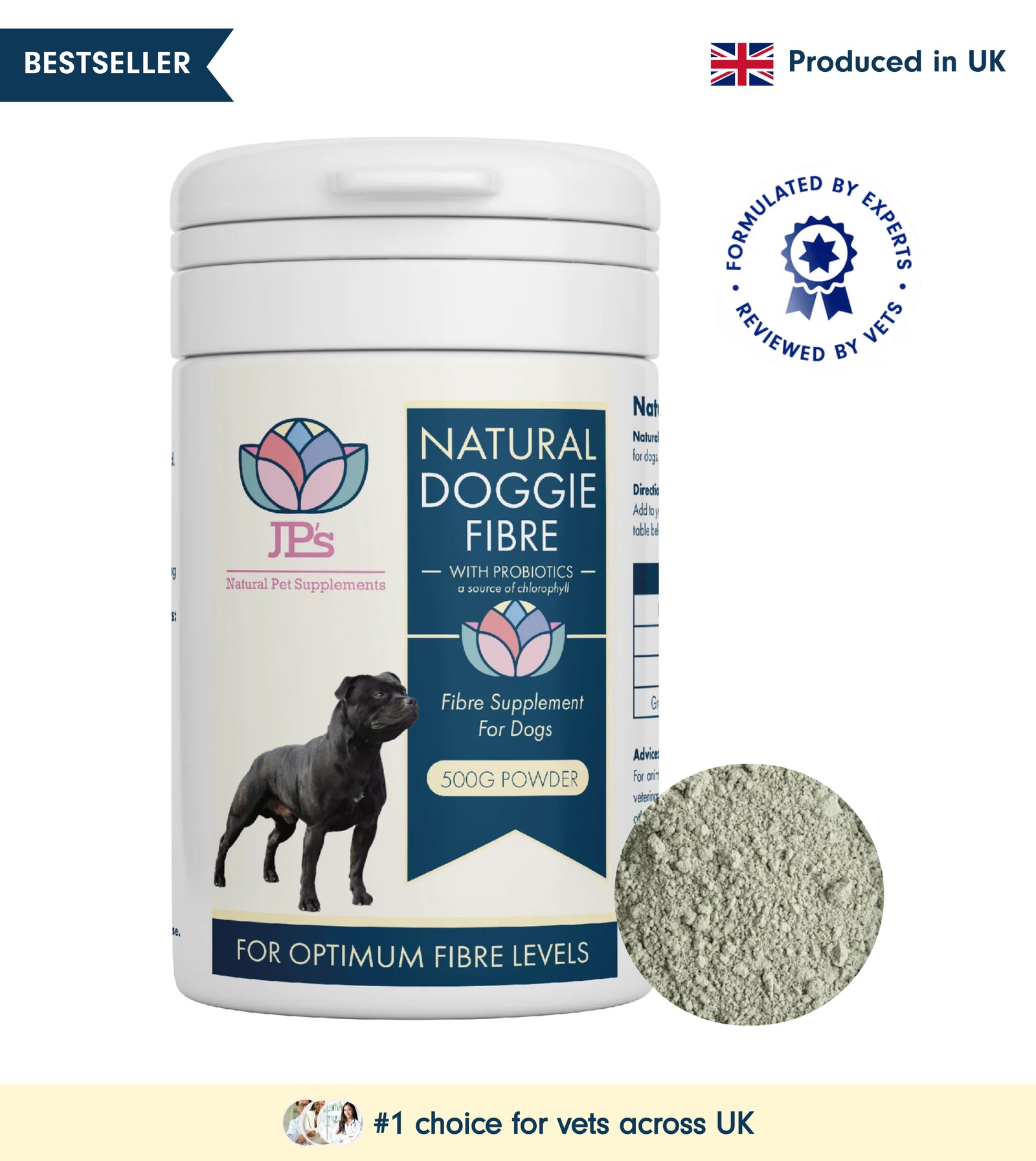
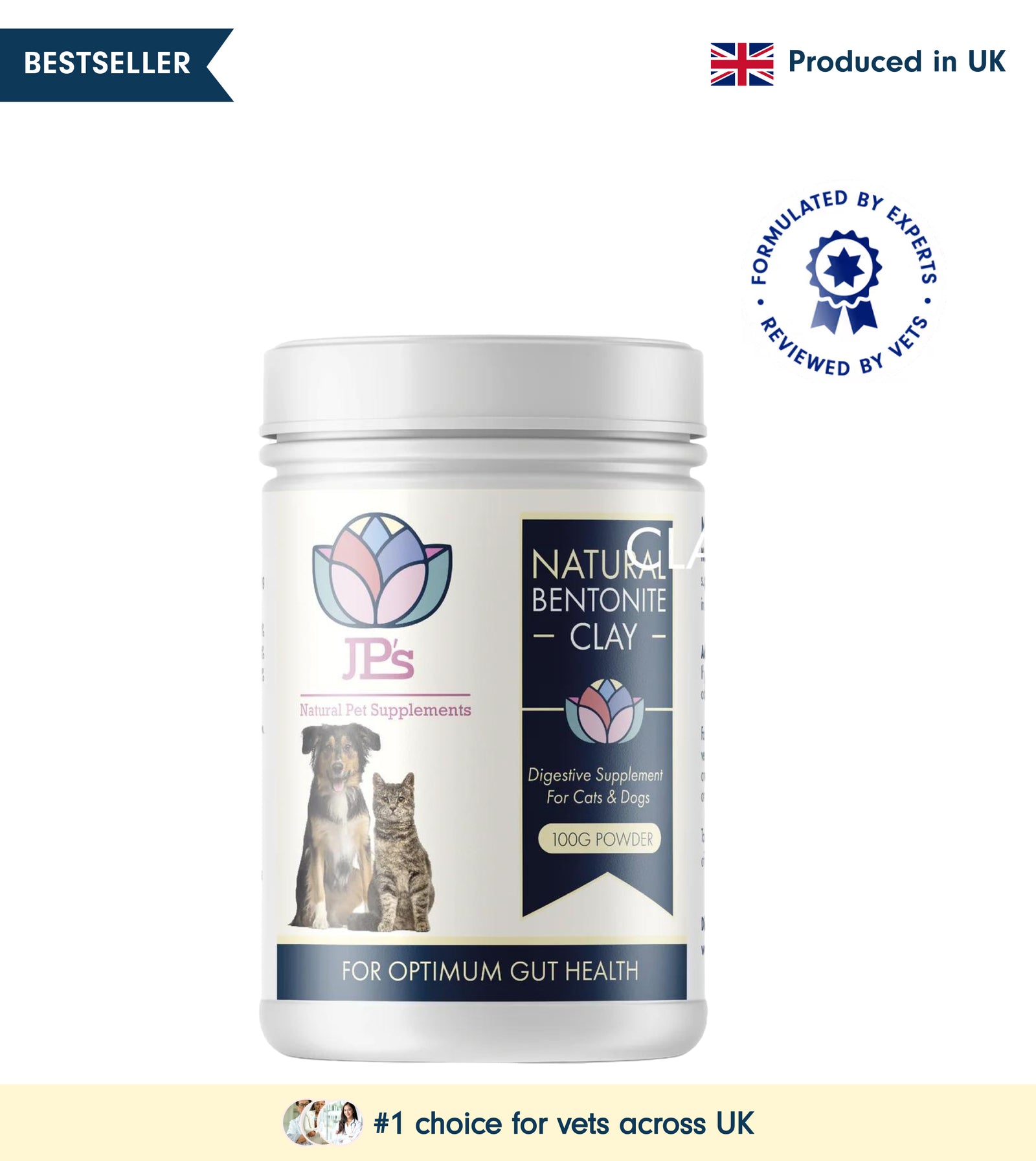
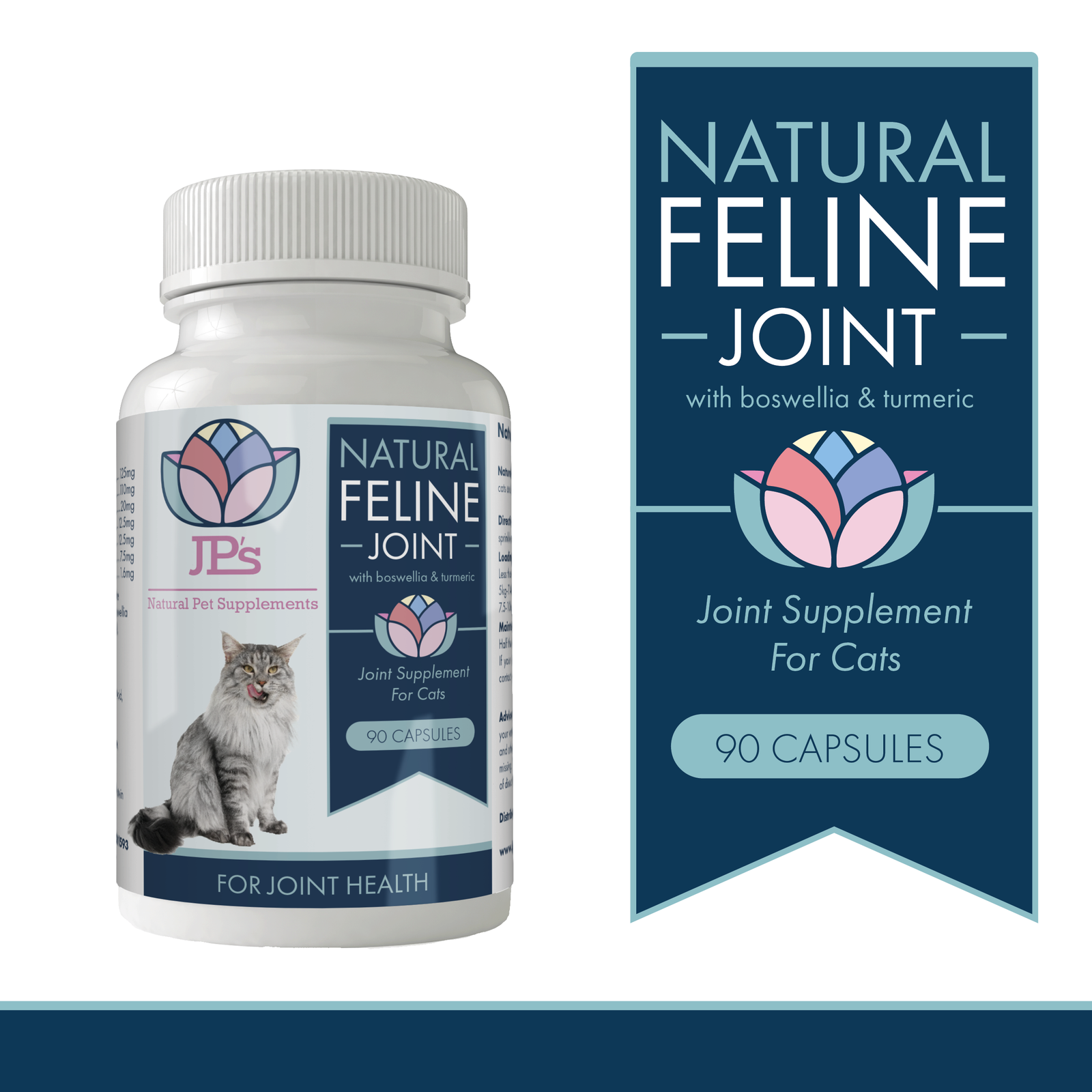
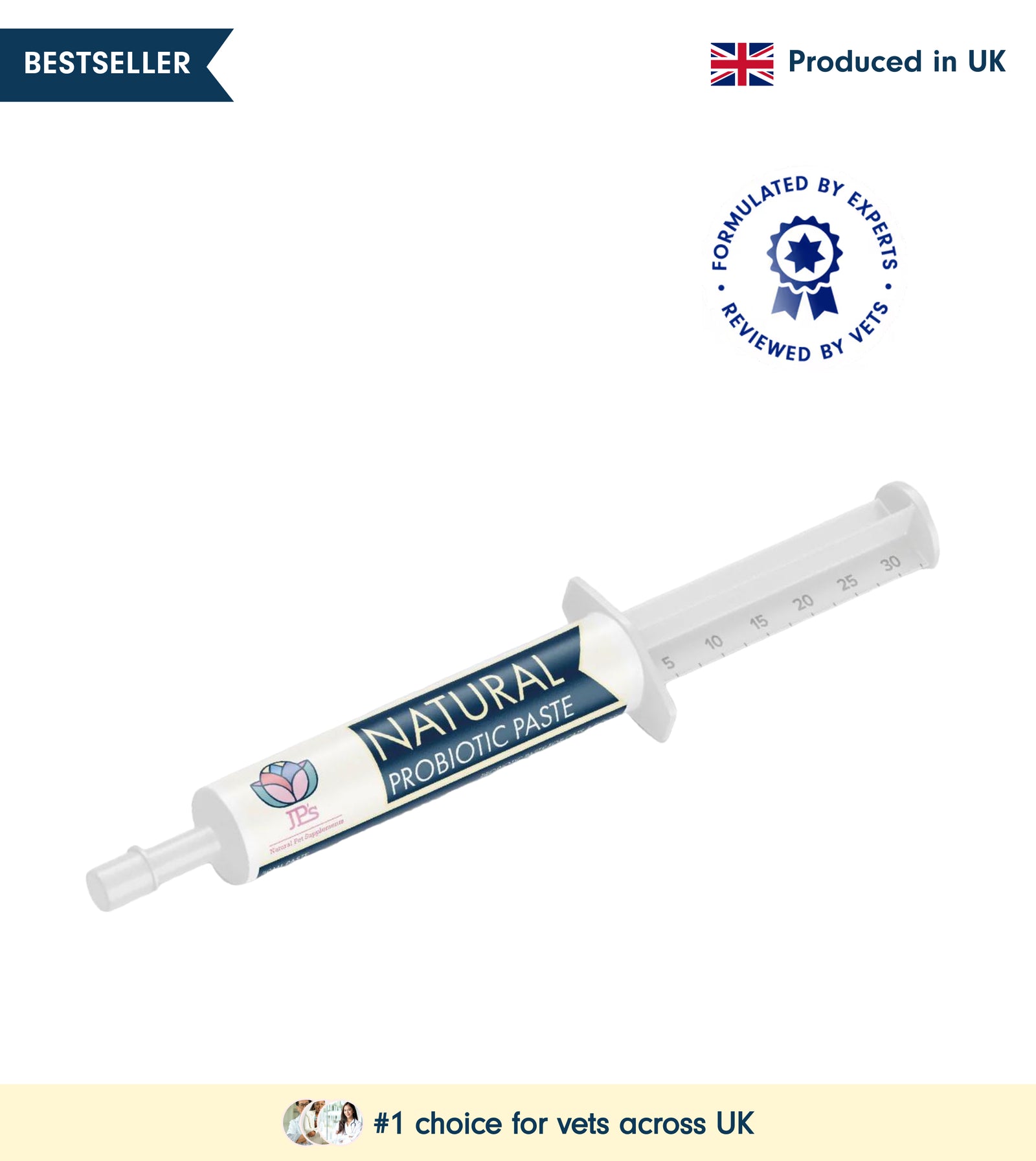
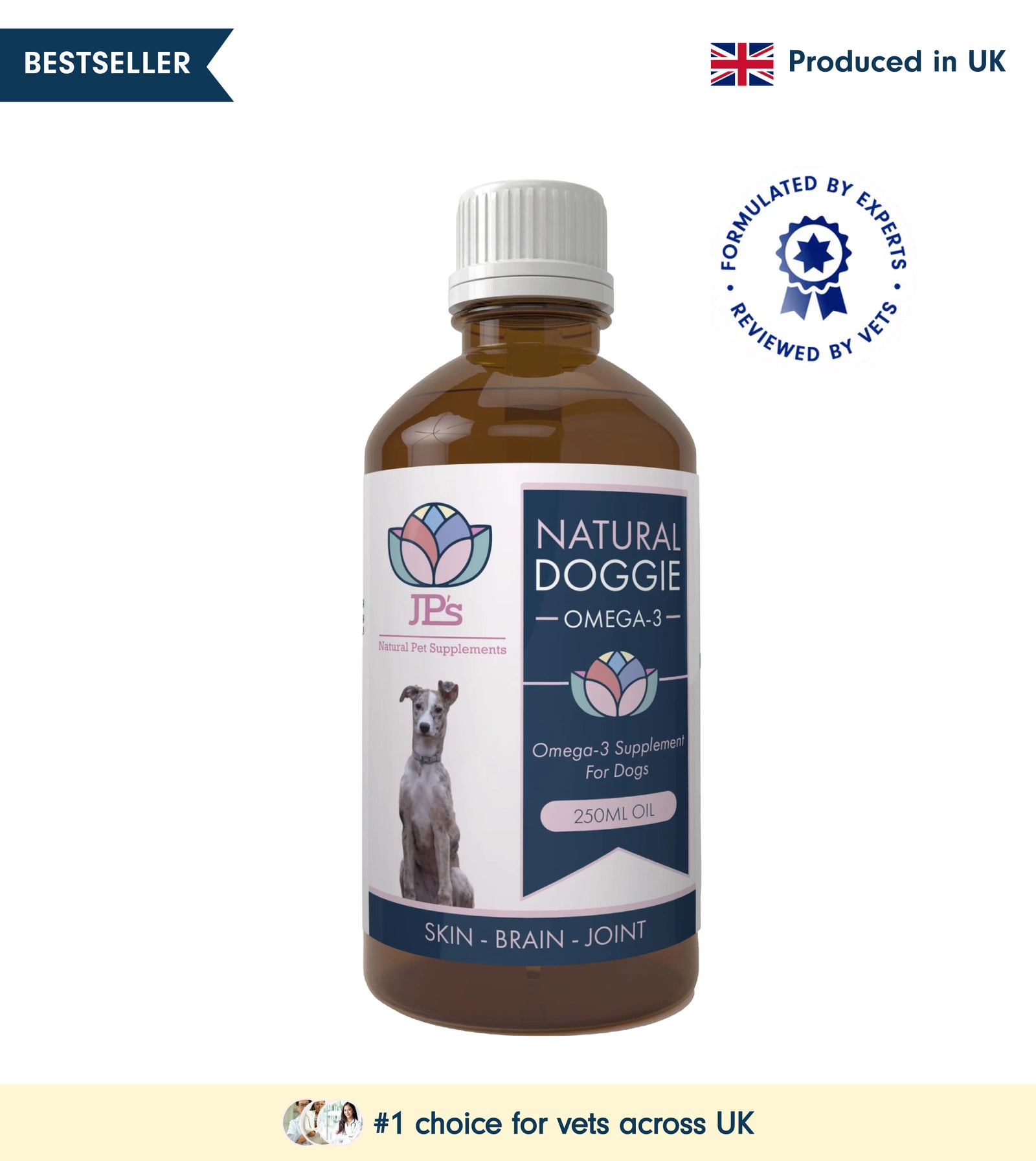
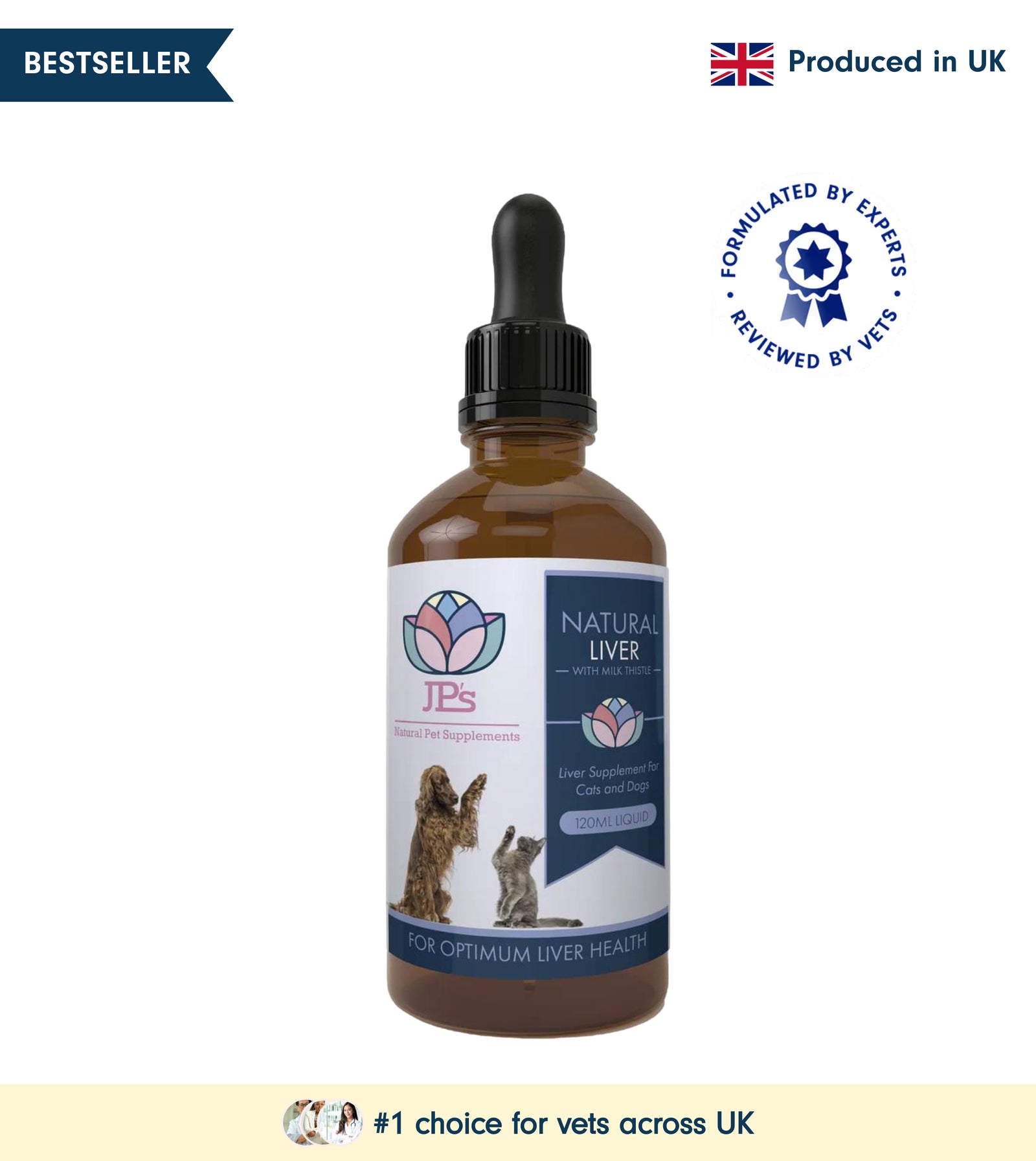

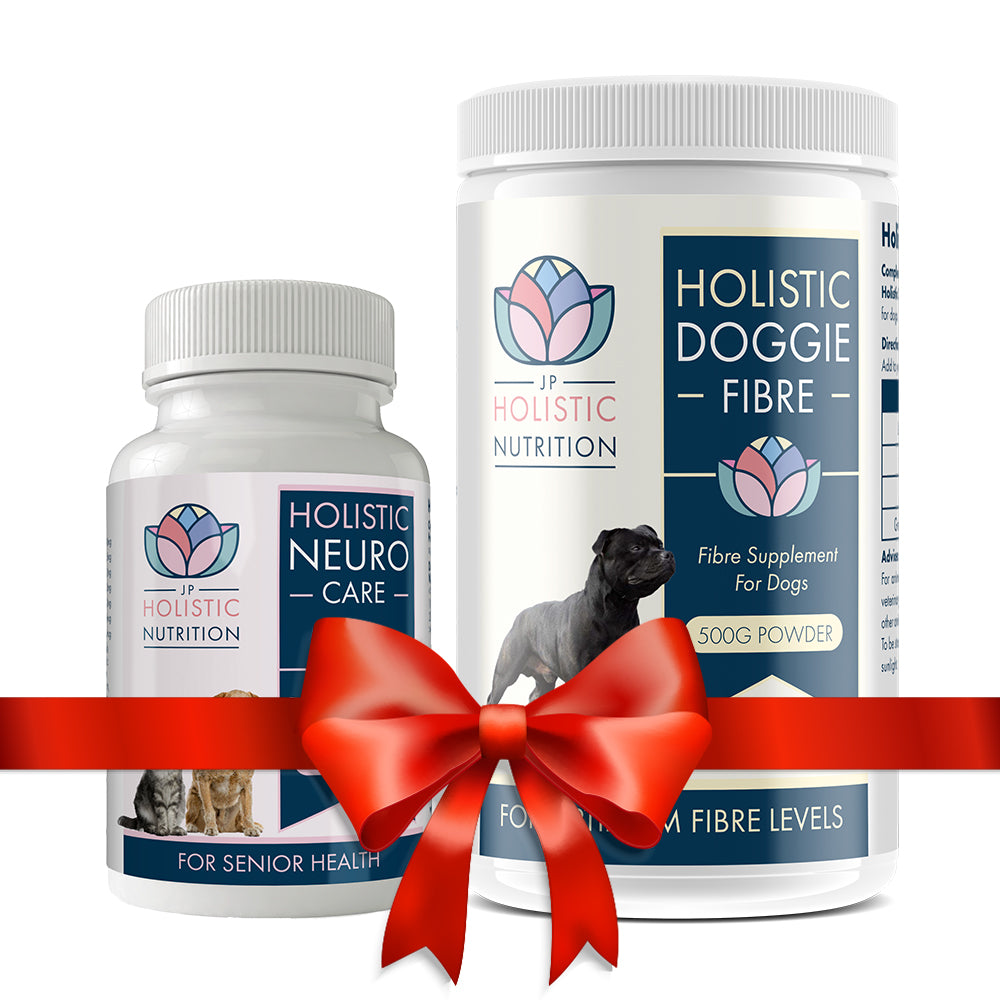

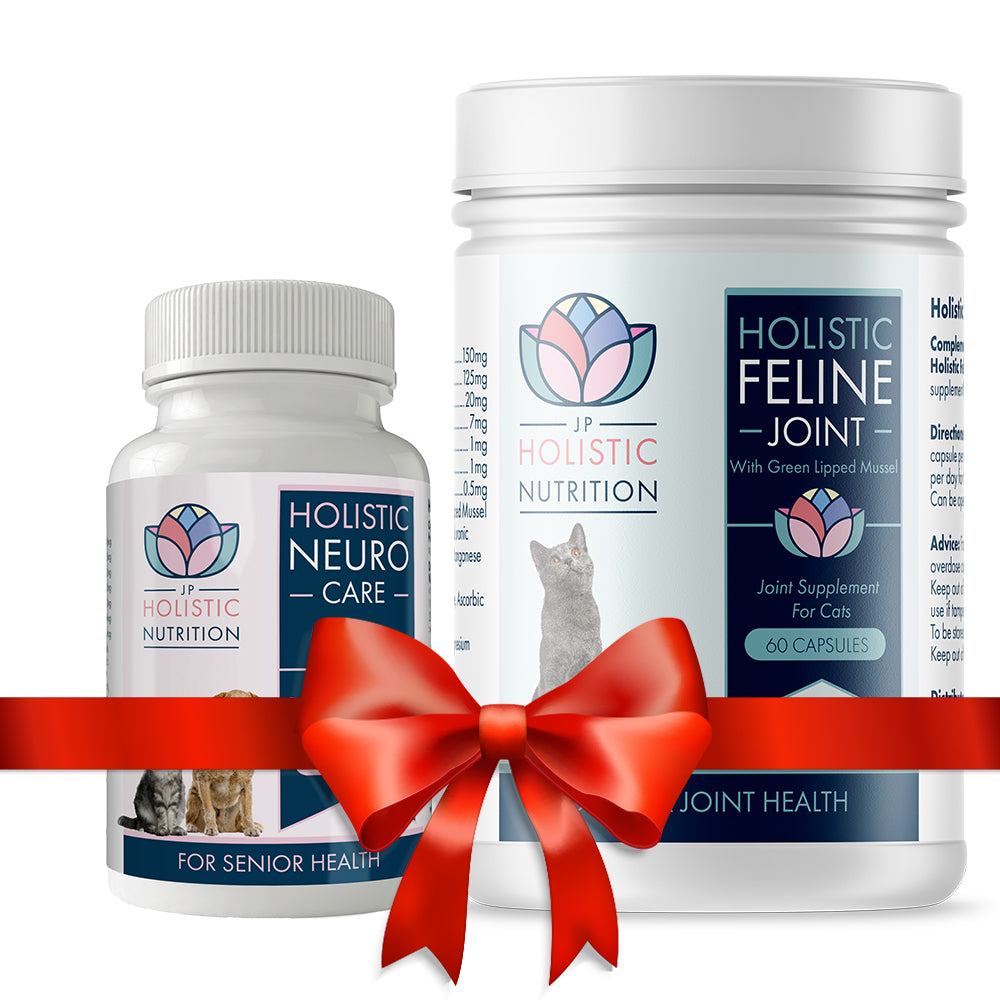




Leave a comment (all fields required)